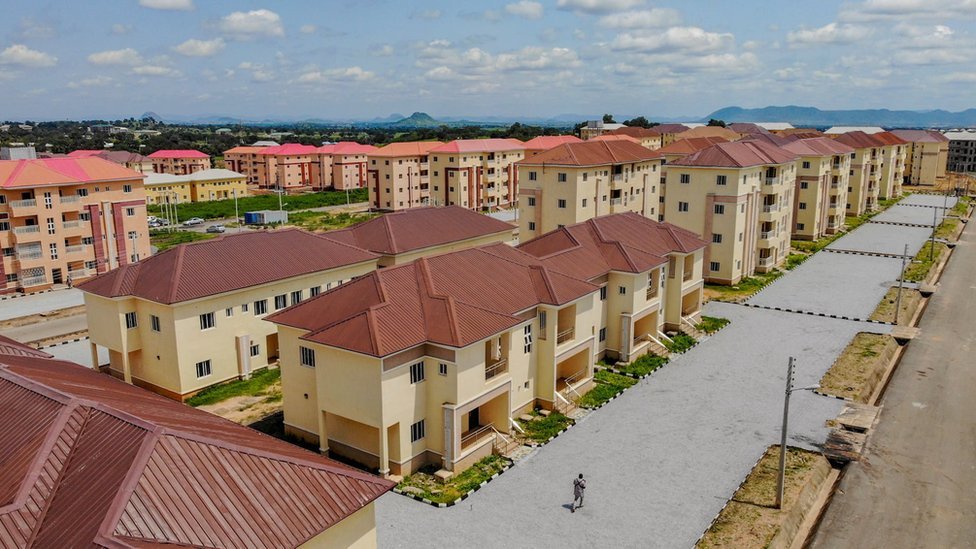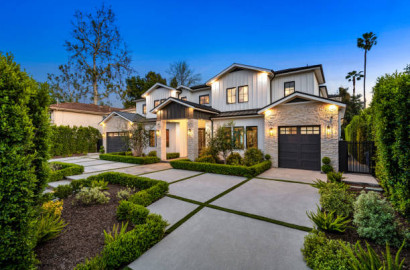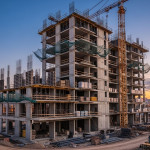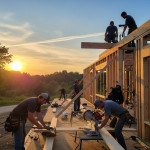
Purchasing a home is often considered a monumental milestone, but for many Nigerians, the financial burden of a down payment can seem insurmountable. The good news is that there are ways to buy a house without needing a large sum of money upfront. This blog post will explore various strategies available in Nigeria, the potential challenges you may face, and practical tips to help you navigate the process.
In Nigeria, the quest for homeownership can be particularly daunting due to high property prices and the traditional requirement for a significant down payment. However, innovative financing options and alternative strategies can help individuals acquire homes without substantial cash upfront. Understanding these options and their implications is crucial for making informed decisions in the competitive Nigerian real estate market.
Understanding No-Money-Down Options
1. Government Housing Schemes

The Nigerian government has initiated several housing programs aimed at increasing homeownership among citizens. These initiatives often require little to no down payment, especially for low-income earners.
What to Look Out For:
- Eligibility Criteria: Each program has specific requirements, such as income limits and employment status.
- Application Process: Be prepared for a rigorous application process, which may include document verification and waiting periods.
2. Mortgage Institutions

Some mortgage banks in Nigeria offer products with low or no down payment options. These financial institutions may require only a small processing fee rather than a full down payment.
What to Look Out For:
- Interest Rates: Lower initial payments can sometimes lead to higher interest rates, so review the terms carefully.
- Creditworthiness: Your credit history will significantly affect your eligibility and the terms of the loan.
3. Rent-to-Own Schemes

Rent-to-own agreements allow you to rent a property with the option to purchase it later. A portion of your monthly rent may be applied towards the purchase price.
What to Look Out For:
- Higher Rental Costs: Expect to pay a premium for the option to buy.
- Contract Terms: Ensure you fully understand the terms of the agreement, including the duration and purchase price.
4. Joint Ownership or Co-Ownership
Partnering with family members or friends to purchase a property can reduce the financial burden on an individual. Joint ownership allows multiple parties to pool resources for a down payment.
What to Look Out For:
- Legal Implications: Clearly define the ownership structure and responsibilities in a legal agreement to avoid future disputes.
- Shared Financial Responsibility: All parties are responsible for the mortgage payments and property upkeep.
5. Seller Financing
In some cases, sellers may be willing to finance the purchase directly, allowing buyers to make payments to them instead of a bank.
What to Look Out For:
- Negotiation Skills: This option often requires strong negotiation to establish favorable terms.
- Risk of Default: If you fail to meet the agreed payment terms, you risk losing the property.
Considerations Before Buying a House Without Money
1. Credit Score and Financial History
Even if you're pursuing no-money-down options, a good credit score can significantly affect your loan approval and interest rates. Check your credit report and address any issues before applying for financing.
2. Total Cost of Ownership
Homeownership goes beyond the initial purchase price. Consider additional costs such as property taxes, insurance, maintenance, and utilities. A comprehensive budget will help you understand the total financial commitment.
3. Market Research
Understand the local real estate market conditions. Prices can vary significantly from one area to another, and being informed will help you make better decisions.
4. Professional Guidance
Engaging a real estate agent with experience in the Nigerian market can provide valuable insights and help you navigate the complexities of the buying process. They can assist in finding suitable properties and negotiating deals.
Conclusion
Buying a house without a substantial down payment in Nigeria is indeed possible through various creative financing options and programs. However, it requires careful consideration and planning. Be aware of the advantages and challenges of each method, and ensure that you have a clear understanding of the financial commitments involved.
With the right approach, homeownership can become a reality, even for those starting with limited funds. Take the time to research, seek professional advice, and explore all available options. Your dream home may be closer than you think! Happy house hunting!
Related posts:
It usually starts as a simple question, the kind people ask casually but think about deeply. Do you buy a car to make life easier now, or land to secure something bigger for the future? Both feel important. Both cost...
At some point in the home-buying journey, almost everyone faces the same quiet dilemma. Do you choose the order and structure of an estate, or the freedom and independence of a standalone house On the surface, the decision looks simple....


 Land or Car: Which One Should You Buy First?
Land or Car: Which One Should You Buy First?
 Living In An Estate vs Standalone Houses: Which One Is Actually Better?
Living In An Estate vs Standalone Houses: Which One Is Actually Better?
 Why Many People Start Building and Never Finish
Why Many People Start Building and Never Finish
 Should You Buy a Home or Build One? A Complete Guide to Making the Right Decision
Should You Buy a Home or Build One? A Complete Guide to Making the Right Decision
 The Best Places to Live in Lagos
The Best Places to Live in Lagos